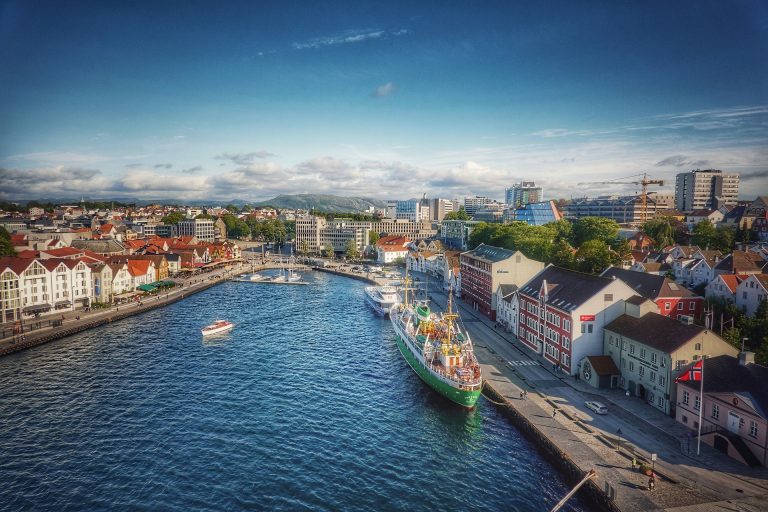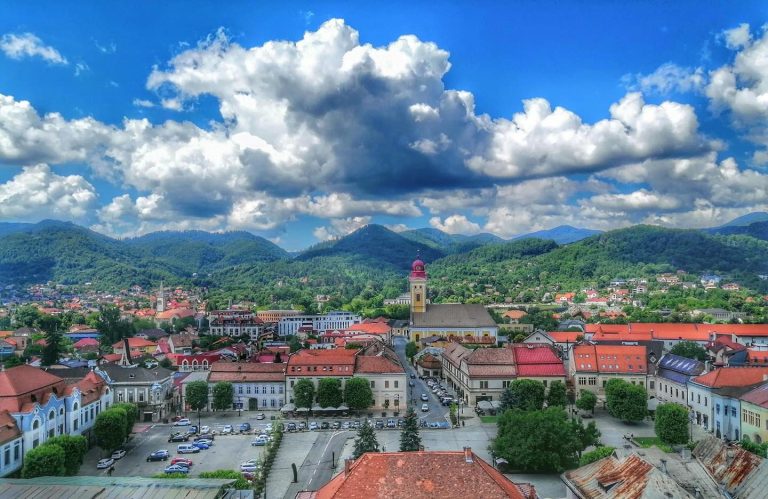What does it mean to be a start-up founder? Why do so many start-ups fail and how exactly can you avoid failure? Astrid Schrader answered these questions at our first Urban Talks event and helped the audience with advice for surviving the start-up frenzy that has taken over the entire world in recent years.
Astrid Schrader is the founder of The Arc – an international leadership boot camp coaching entrepreneurs, C-level execs in startups and the top talent in organizations in order to grow beyond the impact they can possibly imagine.
The aim of The Arc is to ultimately increase the professionalism, the uniqueness and impact of youth initiatives by coaching the people who lead them. The Arc has already partnered up with more than 60 organizations from over 20 countries.
Astrid is a management consultant for PricewaterhouseCoopers in Berlin, but she also describes herself as an entrepreneur and as a hobby cosmopolitan. She has worked with governments, startups and more than 100 NGOs all over the globe and has guided many international projects towards the non-profit sector.

She starts by pointing out how difficult it is to set up our own company and how tough the struggle in the beginning can be. Often, we tend to overlook this initial daily struggle that makes everything stressful and that is precisely when failure hits.
In today’s fast-moving demanding world that launches startups by the minute, 8 out of 10 such projects fail. Consequently, this overwhelming failure is related to financial losses.
Mainly venture-backed startups are the ones that are usually (unreasonably) expected to be shooting stars and to represent an immediate success.
So, why do so many startups fail? The answer, Astrid argues, mostly relies on issues related to people and execution, along with a bad product-market fit or a poor business model.
She then goes on pointing out the 2 important triggers when it comes to failure: anger and fear.
Anger can easily appear within a team and can consequently be transmitted externally. Anger is usually a cause of pressure and stress so the way to go is to ask yourself who you hate, who is the person that makes it boring for instance. The answer can always offer you an insight into why things are not going the way you want them to.
Moreover, the possibility of burnout is always present, dangerous, and often overlooked. One must consider it carefully, along with the answer to anger – making better choices to protect well-being.
The second aspect that is killing startups is fear. Failure is likely at all times, not just in the beginning so there’s always a (justified) fear of failure, especially if you’re trying to be innovative and to develop something that hasn’t been done.
However, what is the reason behind fear? Is it disappointing people? Is it not being able to make ends meet for your startup, is it the lack of funding or the possibility of not being a shooting star?
All this is strongly connected to risk, and precisely how much you, as a founder, are willing to risk, even financially, for the well-being of your startup. Failure is omnipresent and there is no way to avoid it so the real question is how you will cope with it on the way up. Ultimately, you have to ask ourselves what kind of person you want to be when facing failure.
Don’t expect to dodge failure, don’t expect to avoid fear but instead, find mechanisms to fight them and cope with them in a beneficial way. That’s the way to go for a healthy startup!
Watch Astrid’s full Urban Talk here:
Video & Photo by Heavy Designers
Sources: KeepitSimple, Urban Talks, The Arc
Photo: BWDisrupt







